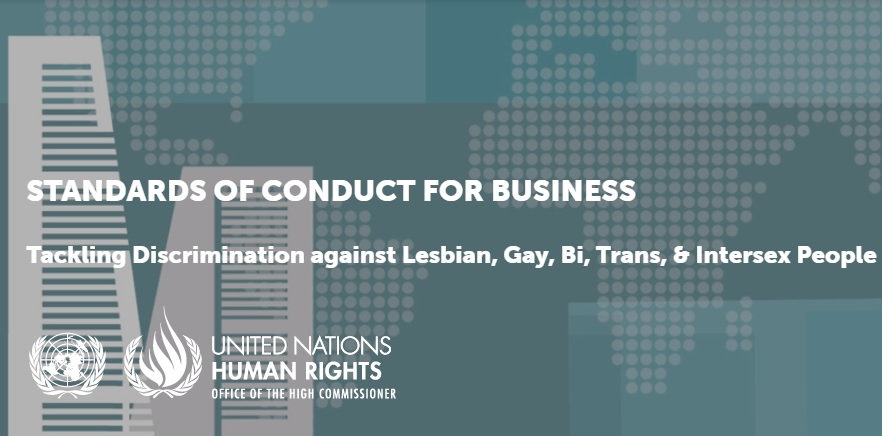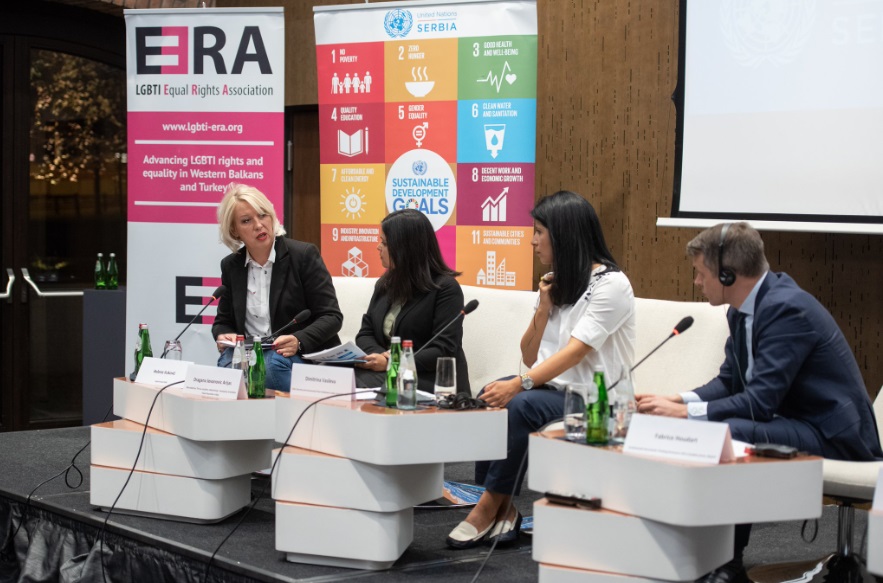A virtual parallel event to the 47th session of the Human Rights Council took place on Friday 2 July, 13:30 CET, under the title: ‘Strengthening the role of the UN human rights system in drug policies: The case of arbitrary detention’.
The aim of this event was to present the important new study on arbitrary detention and drug policies by the UN Working Group on Arbitrary Detention, and to discuss its implementation, as well as how to strengthen the role of the UN human rights system in drug policies

The Human Rights Council, in its resolution 42/22, requested “the Working Group to prepare, as suggested by the Working Group in its report submitted to the Human Rights Council at its thirtieth session, in close consultation with Member States, civil society, relevant international and regional organizations, United Nations agencies, funds and programmes, particularly the United Nations Office on Drugs and Crime, in full respect of the mandates of the United Nations Office on Drugs and Crime and of the Working Group, and with the support of the Office of the United Nations High Commissioner for Human Rights, a study on arbitrary detention relating to drug policies to ensure that upholding the prohibition thereon is included as part of an effective criminal justice response to drug-related crimes, in accordance with international law, and that such a response also encompasses legal guarantees and due process safeguards, in accordance with the recommendation on this issue contained in the outcome document adopted by the General Assembly on 19 April 2016 at its special session, and to submit a report thereon to the Council at its forty-seventh session, and to bring the report to the attention of the Commission on Narcotic Drugs as the policymaking body of the United Nations with prime responsibility for drug-control matters“.
Following a public call for input, submissions were received by 15 June 2020 and are available in the Study.
In it, the Working Group examines how drug policies may result in human rights violations relating to arbitrary detention and makes recommendations. It draws on the Working Group’s own jurisprudence, positions taken by other human rights mechanisms and United Nations entities and contributions submitted by States and other stakeholders.
To read the UN Office of the High Commissioner for Human Rights Study on arbitrary detention relating to drug policies, follow this link>>>.




